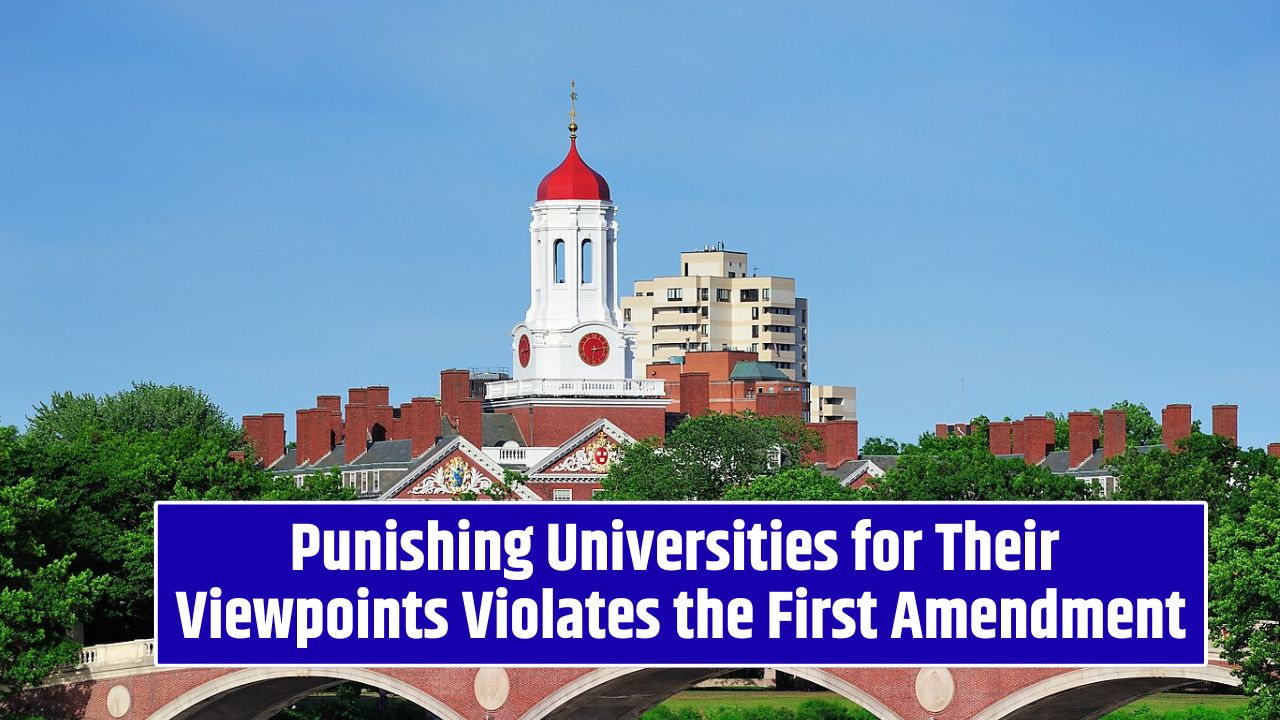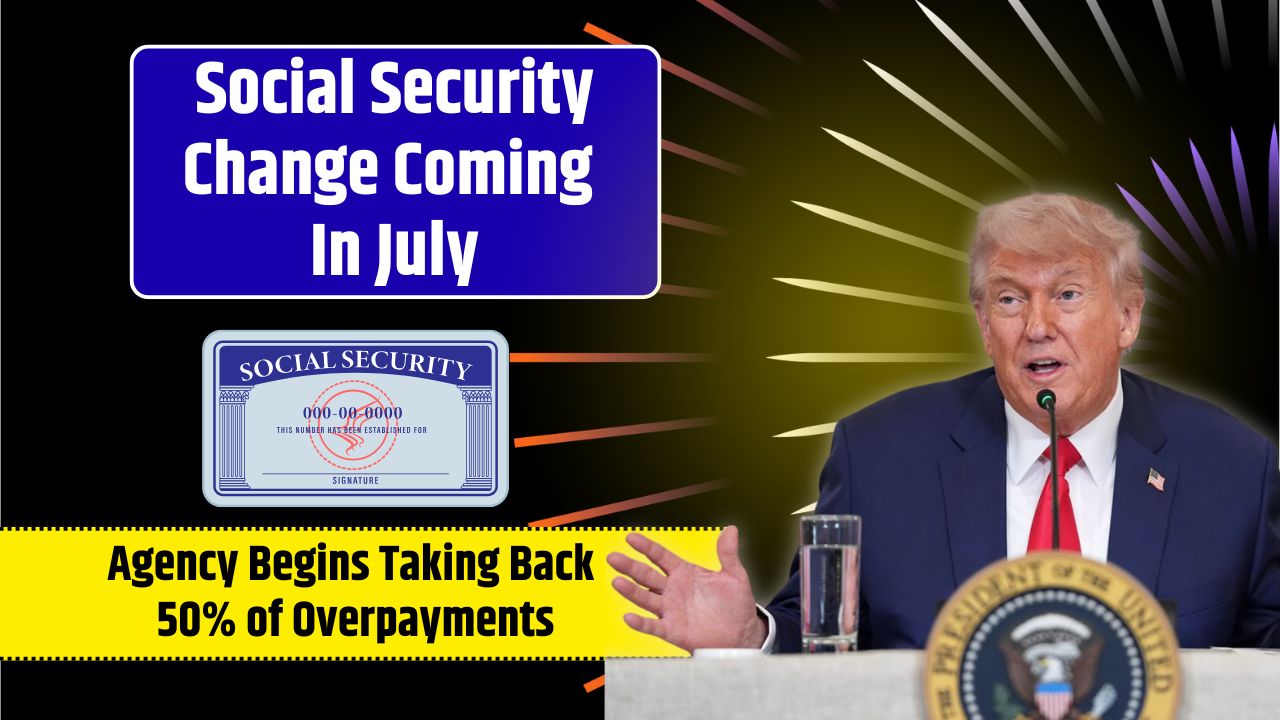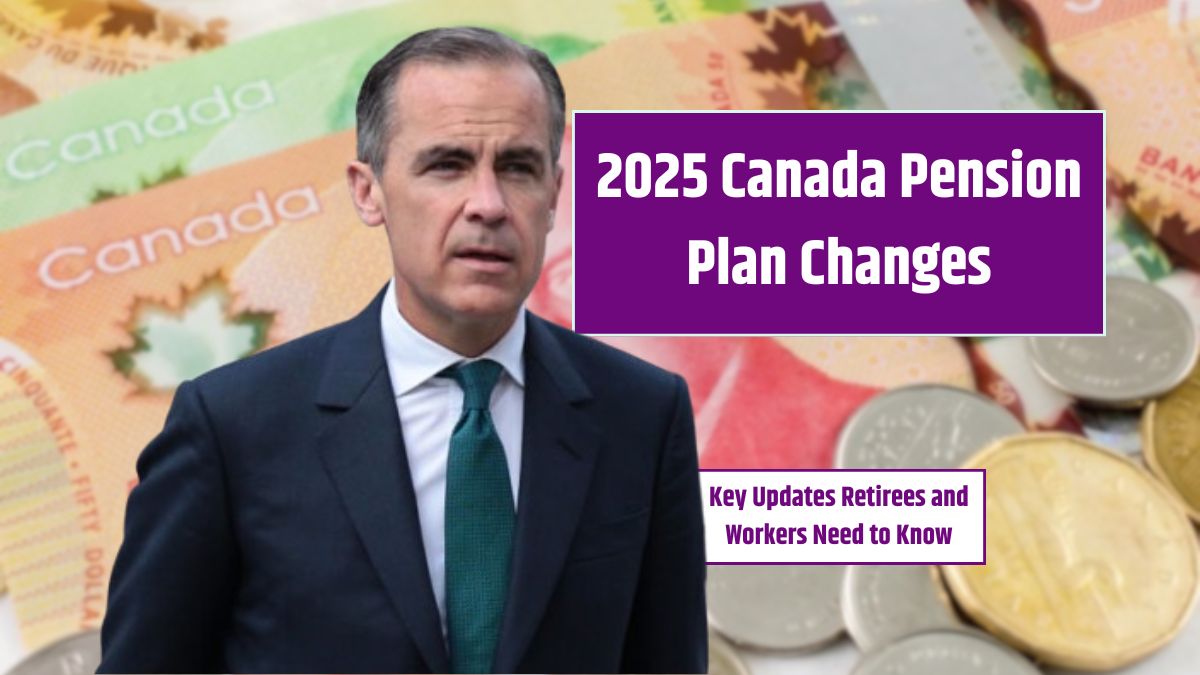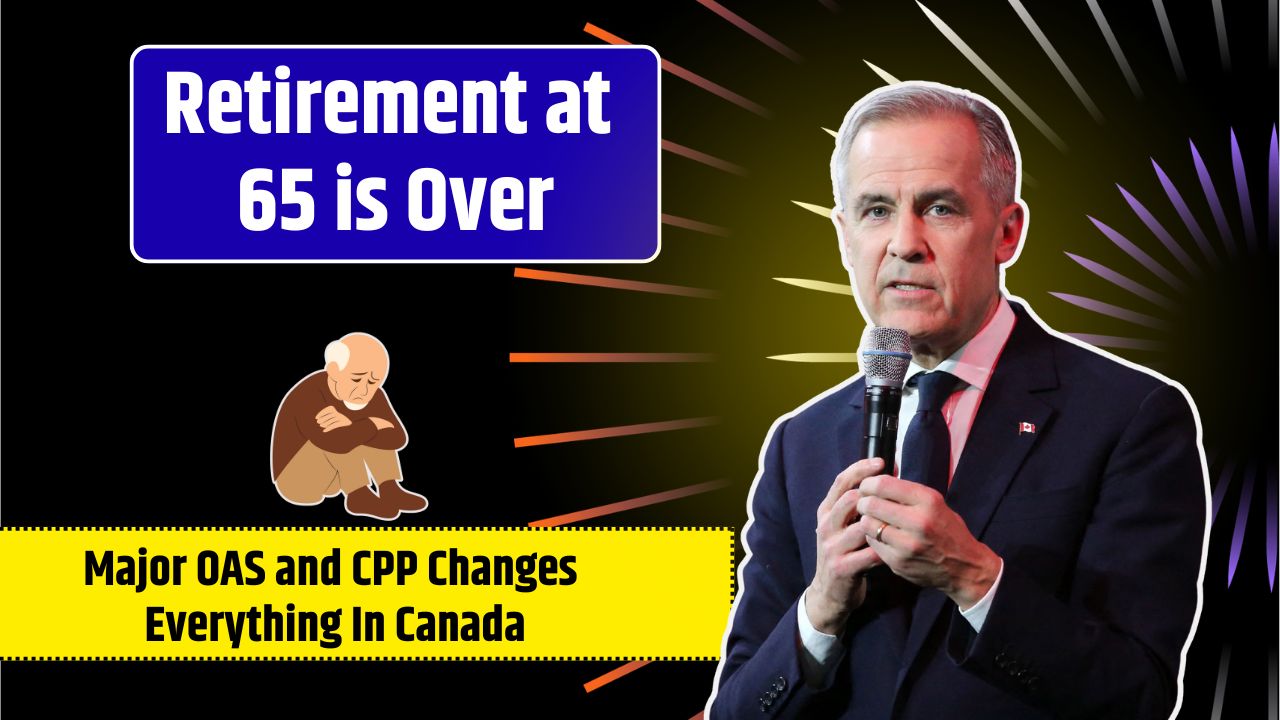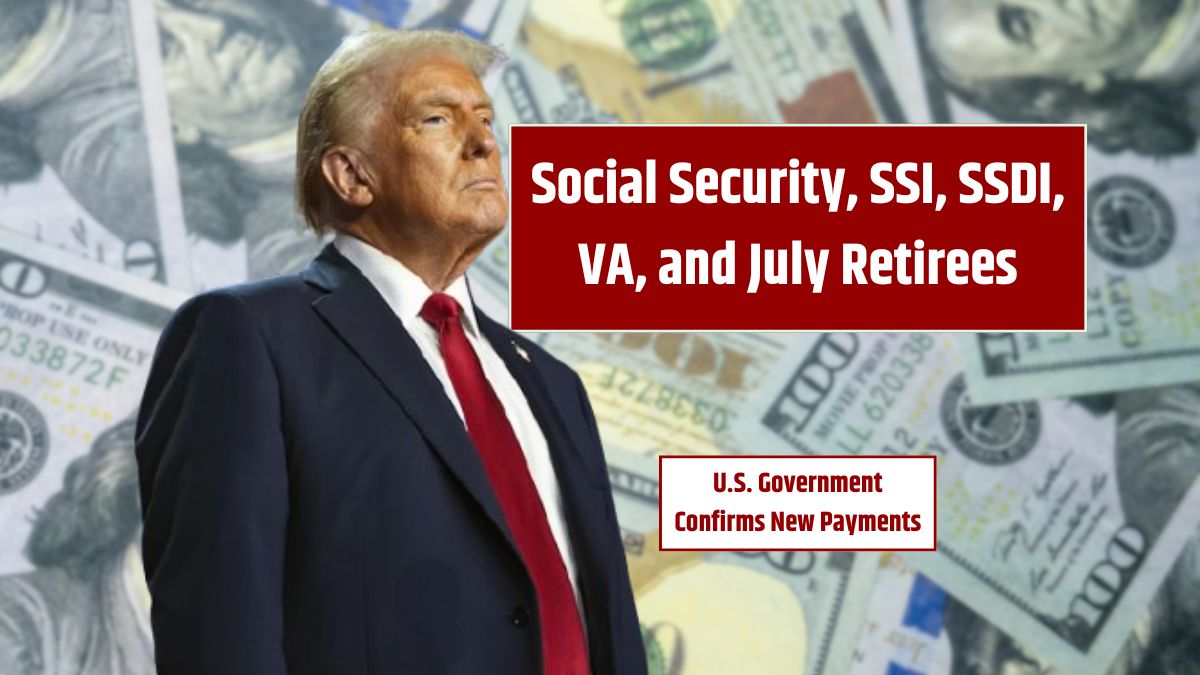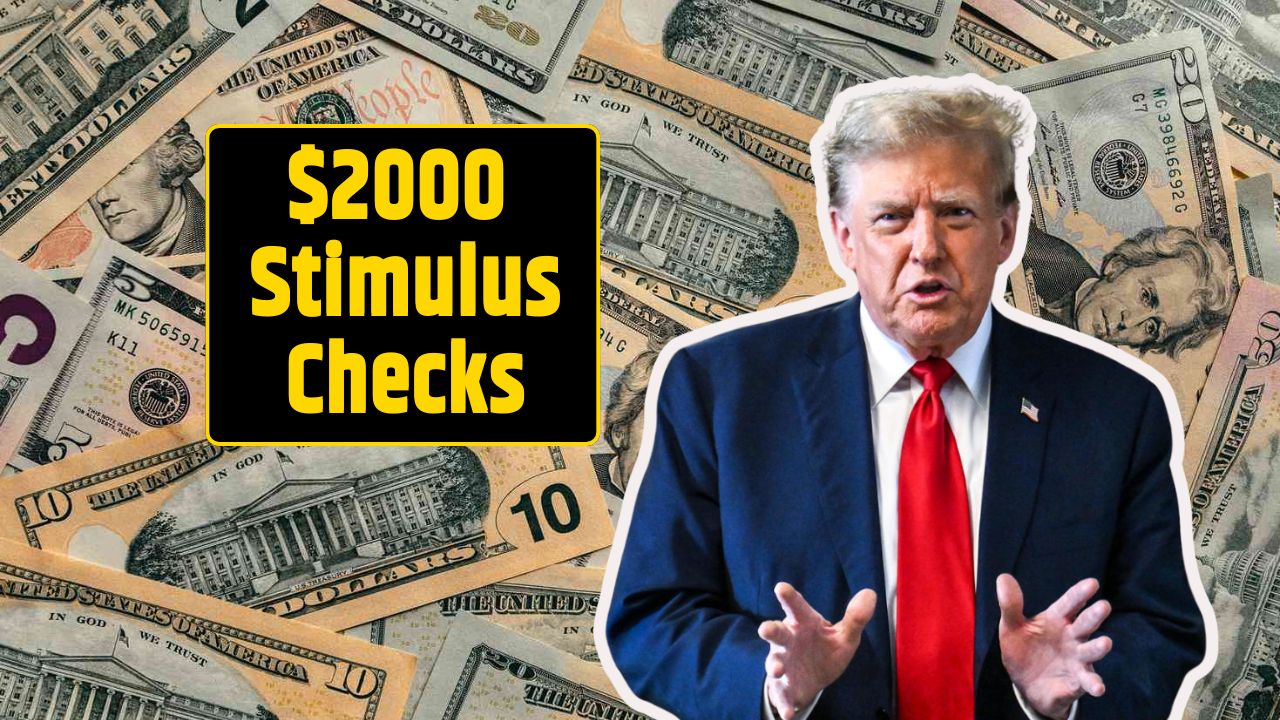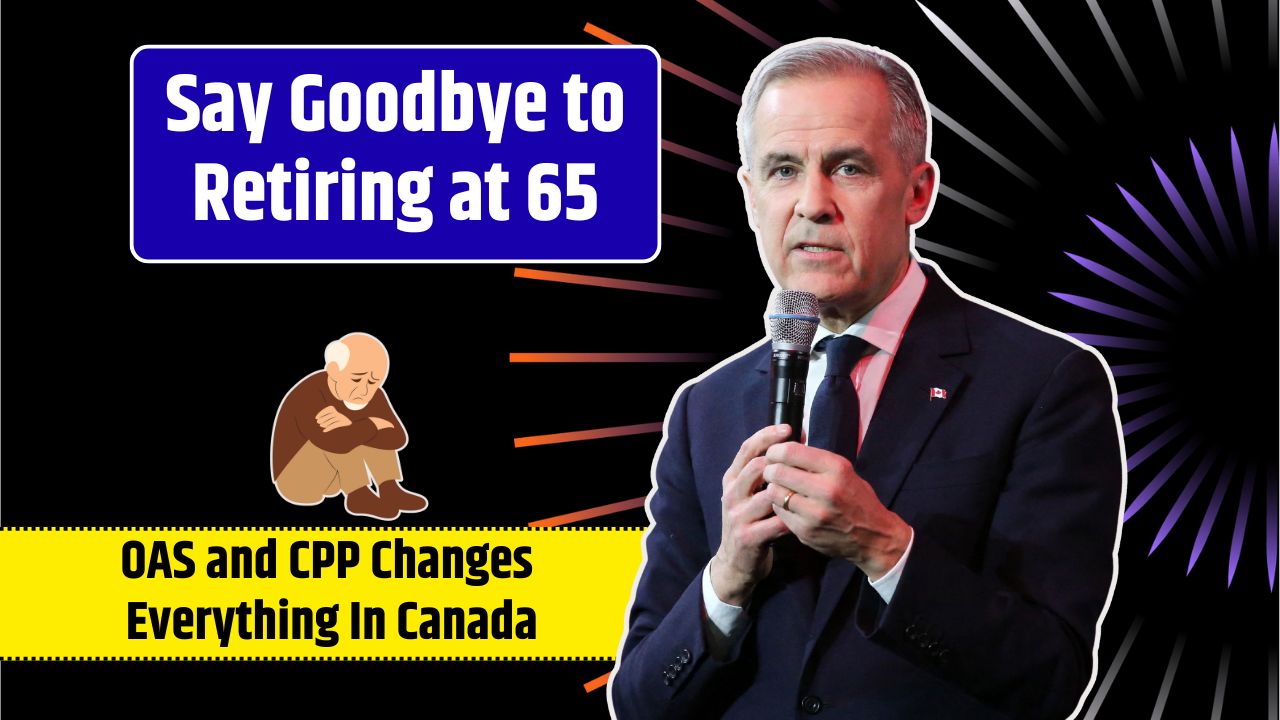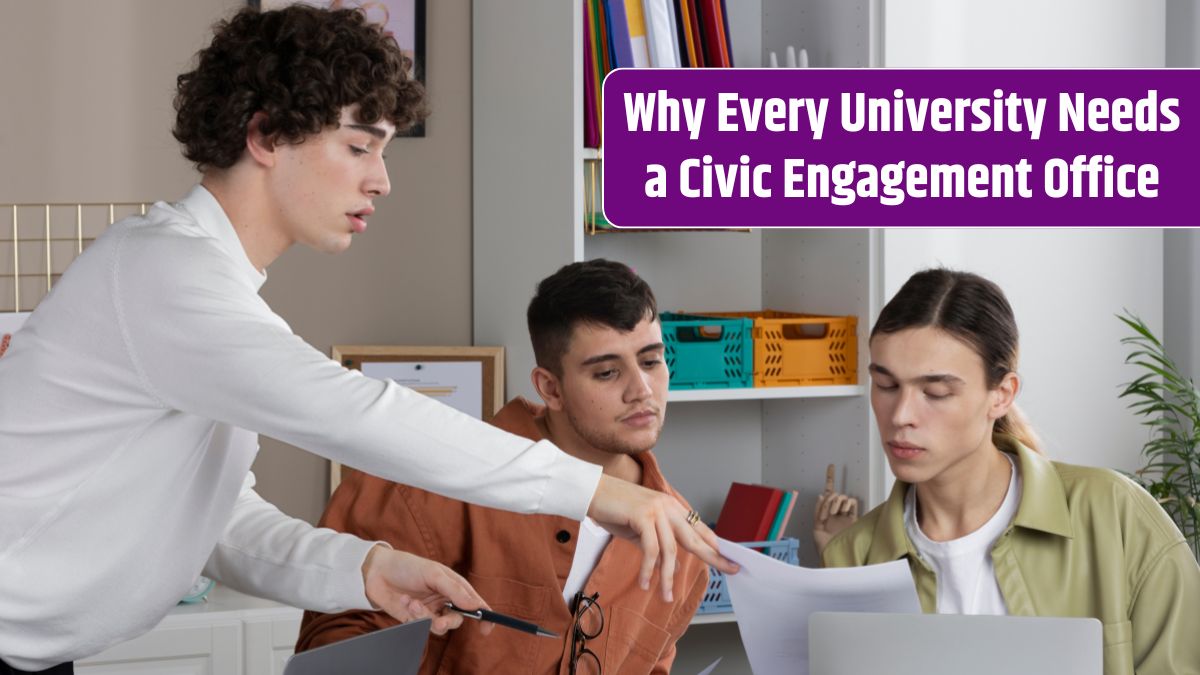The clash between Harvard University and the Trump administration marks a pivotal moment in the ongoing battle over academic freedom, free speech, and the boundaries of federal power. At the center of the legal dispute is a controversial move by the administration to withhold billions in federal contracts from Harvard unless the university restructures its governance and actively promotes underrepresented conservative viewpoints on campus.
Harvard has pushed back hard, filing a lawsuit that challenges the legality and constitutionality of these conditions—arguing they violate the First Amendment and established norms of academic independence. In support of Harvard, a broad coalition led by the ACLU, including the Cato Institute, has filed an amicus brief urging the courts to strike down the administration’s actions.
Table of Contents
Free Speech and Viewpoint Neutrality: The Constitutional Core
The amicus brief centers on a core First Amendment principle: government cannot impose its preferred viewpoint on private institutions, even indirectly. While the federal government has the discretion to decide how it distributes funding, it cannot condition that funding on a private institution’s agreement to promote a specific ideological agenda.
The brief emphasizes that viewpoint discrimination—where the government favors or penalizes certain ideas or beliefs—is presumptively unconstitutional. Even if framed as a way to “balance” ideological representation, compelled viewpoint promotion is still coercive and violates both academic freedom and constitutional protections.
This principle holds especially firm in the context of education, where intellectual diversity must emerge from open inquiry—not state mandates.
Government Funding Cannot Be a Tool for Coercion
Though federal funding is not an entitlement, the brief points out that once the government establishes a benefits program, it cannot use that program as a lever to silence or shape speech outside the scope of the funded activities. This is especially clear when the funding in question is being revoked because of unrelated speech by students or faculty.
The Trump administration’s open references to campus expression as justification for pulling funding make this a clear-cut case of unconstitutional retaliation, according to the brief.
| Issue | Constitutional Principle |
|---|---|
| Conditioning funds on viewpoint | Presumptively unconstitutional (viewpoint discrimination) |
| Targeting campus speech | Violates academic freedom and free inquiry |
| Using contracts to impose ideology | Government overreach into private institutional autonomy |
| Invoking Civil Rights law as pretext | Must be enforced neutrally and through lawful process |
The Role of Universities in a Free Society
Higher education plays a critical role in safeguarding democracy by challenging prevailing power structures and fostering independent thought. The Supreme Court has long upheld the “four essential freedoms” of academic institutions:
- Who may teach
- What shall be taught
- How it shall be taught
- Who may be admitted to study
By tying federal funding to ideological compliance, the administration threatens to erode those freedoms and convert universities into political instruments. This undermines the essential nature of universities as places of exploration, critique, and dissent—pillars of a functioning democracy.
Compliance with Civil Rights Law: Not a Free Pass for Ideological Control
Importantly, the brief underscores that Harvard is not immune from accountability under civil rights law. If violations of the Civil Rights Act or similar statutes exist, the government has both the authority and obligation to investigate and enforce those laws through appropriate legal channels.
But that enforcement must be procedural and viewpoint-neutral, not politically motivated. Invoking civil rights claims as a pretext to impose unrelated ideological demands is both legally improper and constitutionally dangerous.
The broader concern is that allowing such coercion in one case opens the door for future administrations—left or right—to weaponize public funding against private institutions that fail to toe a preferred ideological line.
FAQs:
Is Harvard entitled to government funding?
No, but once the government provides funding, it cannot condition that funding on a recipient’s agreement to promote or suppress specific viewpoints.
What is viewpoint discrimination?
Viewpoint discrimination occurs when the government favors or punishes individuals or institutions based on their opinions or beliefs. It is generally unconstitutional under the First Amendment.
Is Harvard exempt from civil rights laws?
No. Harvard must comply with all federal civil rights laws. However, enforcement must be fair, lawful, and not used as a tool to suppress lawful speech.

